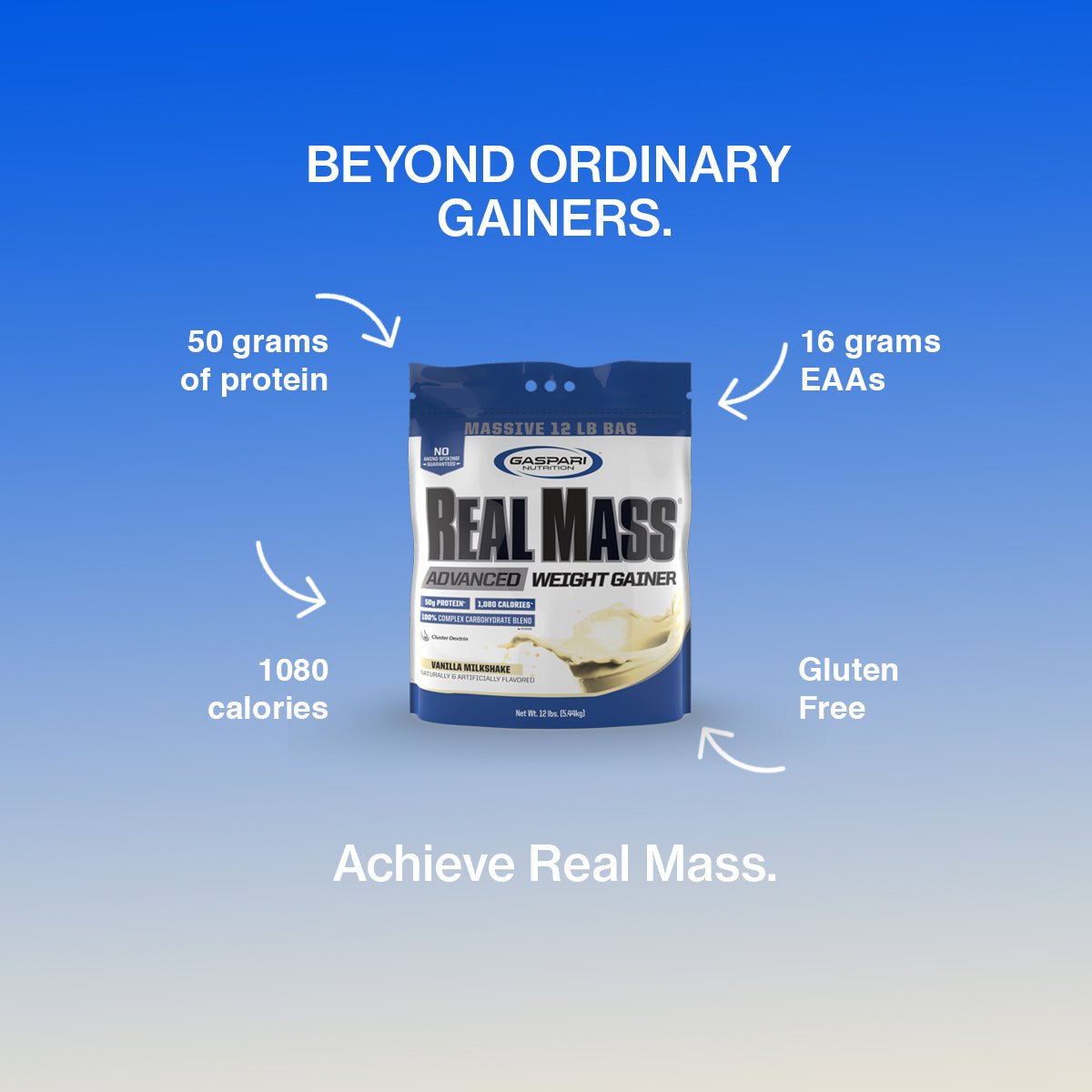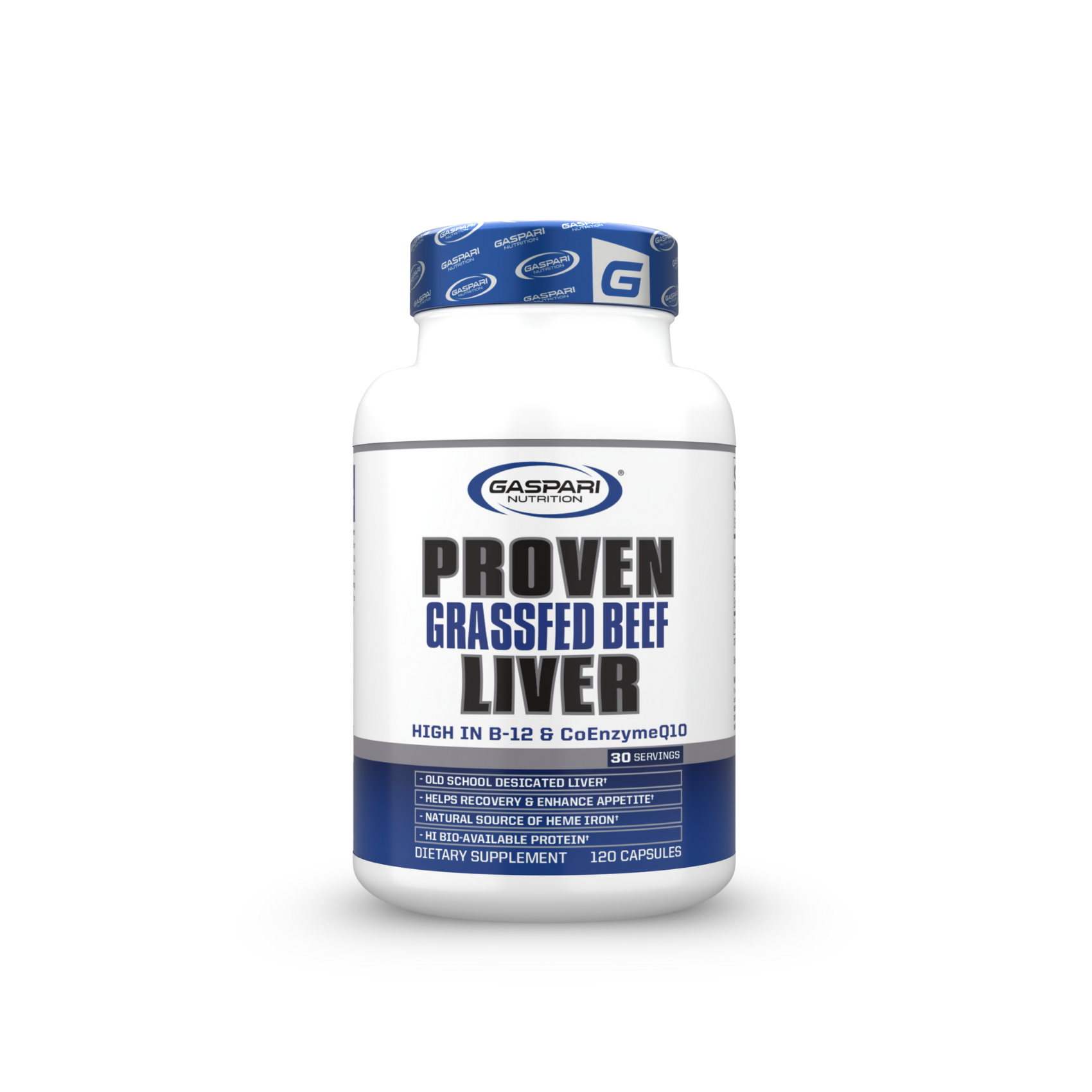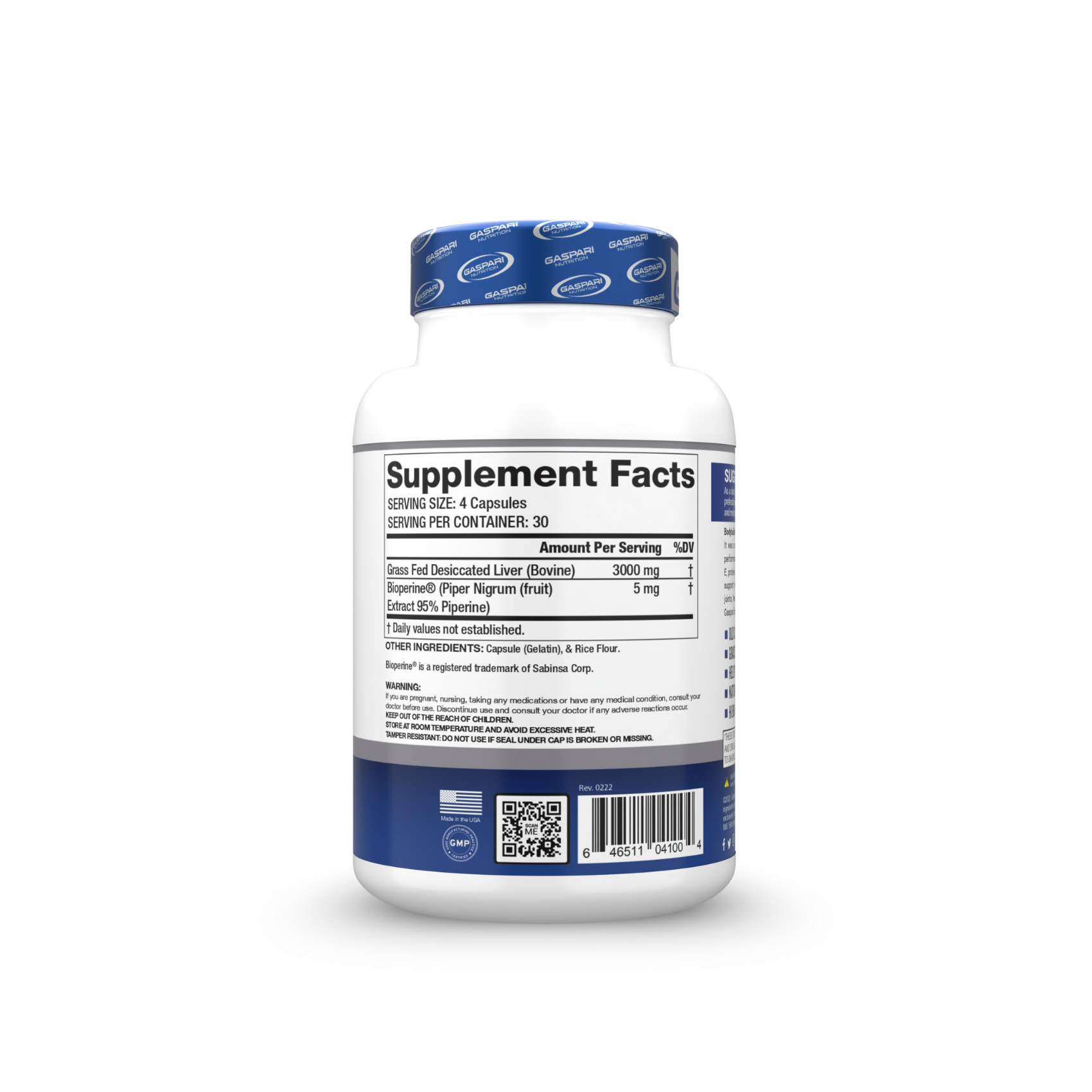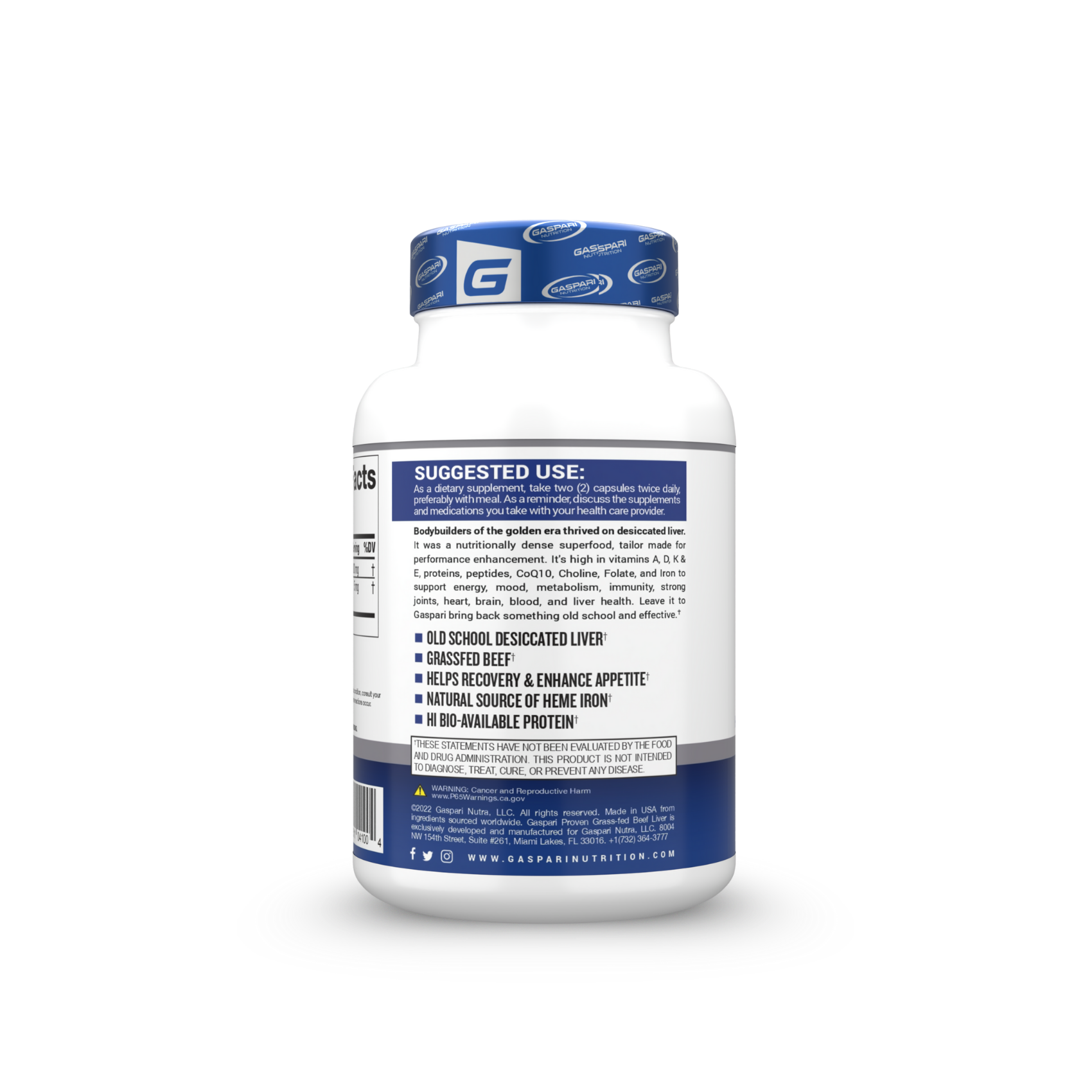People love letting loose with some alcohol in hand. Cultural and social circles around the world have a fondness for alcohol, and many places have come up with their own special brews. But for those who are trying to slim down or shape up, could that drink at the bar be hurting your progress?
As you may know, alcohol is often thought to pack on the pounds. Let’s get to the bottom of whether alcohol is responsible for weight gain and if you should think about skipping that next beer.
Food Metabolism vs. Alcohol Metabolism
To understand how alcohol affects the body and, more importantly, how it can disrupt your weight loss attempts, you need to know how the body uses alcohol. You may already know that there are 3 primary macronutrients—fats (lipids), carbohydrates, and proteins—that are essential to your daily functioning and wellness. Some people do better running on fats, others like carbohydrates, and everyone needs protein, the building blocks of life. However, every macronutrient is used by the body in a unique way, and our bodies, being picky, tend to favor carbohydrates for fast, immediate energy over fats. Protein has other uses and are rarely used as fuel for your activities.
Because of the body’s preference for sugar, carbohydrates are digested first. When carbohydrates become glucose, the liver releases insulin. Fat oxidation is put on hold until insulin levels drop. Afterwards, dietary fat is stored only temporarily in fat cells for use later on.
But when you decide to add alcohol to the mix, this cycle is disrupted.
Alcohol has a high thermogenic effect, so you might think that it would burn calories to digest. Unfortunately, these empty calories—or nutritionally devoid—are just one of the punches alcohol delivers. The second would be that the body priorities alcohol metabolism.
That means that alcohol suppresses carbohydrate, fat, and protein oxidation. There have been studies that studied the effects of alcohol on digestion. It was found that alcohol-rich meals suppressed fat oxidation far more than a carbohydrate-loaded meal did.
Why does this happen, though?
The short answer is that alcohol is toxic. Since the body doesn’t want to be poisoned, it goes into overdrive to dump those toxins as quickly as possible.
The long answer is this: when alcohol is metabolized in the liver via the microsomal ethanol-oxidizing system, a compound called acetate is formed. Only a tiny fraction of acetate can be stored in the body for use, because it is a defunct precursor of fat synthesis. In fact, only about 3% of alcohol can be converted to body fat. During this time the body is working frantically to remove acetate, it suppresses the other cycles for fat and carbohydrate oxidation.
It’s been found that the body blunts fat oxidation as much as 75% after just two drinks. Your metabolism effectively comes to a screeching halt.
That said, it’s not enough to cause weight gain if the calories in don’t top the calories burned. But more on that in a moment.
Nutritional Facts on Alcohol
Research has concluded that one gram of alcohol is about 7.1 calories. When you count in thermogenesis, it is closer to 5.6 calories. Furthermore, one alcohol drink is equivalent to 15 grams of ethanol alcohol, or 5 ounces of wine; 1.5 ounces of 80 proof vodka, gin, or whiskey; or 12 ounces of beer.
Most bars, restaurants, and other drinking establishments don’t serve just 12 ounces of beer, though. You usually get 16 ounces. Mixed drinks, on the other hand, usually have about 2 ounces of alcohol.
Alcohol Types and Nutritional Value
Not all alcohol is created equal, though. Unlike macronutrients that can standalone and have their own caloric values, alcohol is made up of macro and micronutrients, albeit the most calories come from carbohydrates. It is the amount of carbohydrates in individual beers, wines, and spirits that can greatly impact your metabolism.
Let’s have a look at the nutritional values of some popular alcohols:
Wine
One serving of champagne contains:
- 85 calories (77 calories from alcohol)
- 2 grams from carbs
One serving of dessert wine has:
- 165 calories per glass (110 calories from alcohol)
- 14.1 grams from carbohydrates
One serving of red wine:
- 123 calories (105 calories from alcohol)
- 0.1 grams of protein
- 4.4 grams from carbs
One serving of Riesling, Chablis, and other similar white wines:
- 120 calories (98 calories from alcohol)
- 5.5 grams from carbohydrates
Beer
A single can of regular beer with 4-5% alcohol contains:
- 153 calories (97 calories coming from alcohol)
- 1.6 gram from protein
- 12.6 grams from carbohydrates
A single can of low alcohol beer (2.3% alcohol content) contains:
- 139 calories
- 34.7 grams from carbohydrates
A single can of lite beer contains:
- 105 calories (78 calories coming from alcohol)
- 5.9 grams from carbohydrates
- 0.98 grams from protein
Spirits
Most spirits are made up of 40-50% alcohol. Rum, gin, vodka, and whiskey that are made of 40% alcohol all equal 64 calories from alcohol per ounce.
Popular drinks like Bailey’s Irish Creme, on the other hand, is going to set you back 103 calories (with 70 calories coming from alcohol). It also contains 10.9 grams of sugar.
Others, like Amaretto (38% alcohol) and coffee liqueurs like Kahlua contain over 10 grams of sugar per serving. Cream-based liqueurs and mixes are the worst offenders. Eggnog without alcohol is around 340 calories per serving, and if you decide to order a Vodka Mudslide at the bar, you’re sucking down a full 820 calories. Yikes.
How Alcohol Affects Weight Loss
Obviously, alcohol can pack a lot of calories into a single glass, but that is not the only thing that is happening here that will affect your weight loss. As I already mentioned, there is a difference in way your body metabolizes food and the way it processes alcohol.
Any calories that remain after your body has metabolized the alcohol might not be needed. Since that macronutrients don’t get processed right away, they are stored as fat. Hence beer guts and the freshman 15.
Let’s talk more about that.
Alcohol Is Empty Calories
You’ve heard the term “empty calories” before. Well, alcohol is just that. Alcoholic beverages, especially your cocktails, have zero nutrients. Sure, beer might have some protein, potassium, and calcium, but it isn’t enough to replace your afternoon snack. You also have to consider your mixers that are often nothing but sugary syrups or soda.
Here’s a fun math problem. Let’s say you are eating out one night with the dudes and you decide to grab yourself some beer. You also have a slice of pizza. The drinks taste good, so you order a couple mixed drinks, snack on some peanuts and crackers, and then decide to have one more before you head out for the evening. That’s over 500 calories from alcohol alone.
Ask yourself if those excess calories are worth it.
Loosens Inhibitions and Increases Appetite
A Canadian study revealed that alcohol before a meal, such as an apertif, can increase your calorie consumption much more than a carbohydrate-filled drink, like soda. The reason is that alcohol makes you feel hungrier and also lowers your inhibitions. So, even if you know you shouldn’t be grabbing that extra cupcake from the tray, you feel good, so you’re going to do it anyway.
Again, it’s more sugar that you didn’t need going into a body that’s going to shuttle said sugar straight to your fat stores.
Alcohol Damages Your Organs
Firstly, you have the liver that takes the brunt of the alcohol you have ingested. The duty of the liver is to filter out foreign and toxic substances. The second job of the liver is to aid in the oxidation of carbohydrates, fats, and proteins. When you drink too much alcohol, you can develop an alcoholic fatty liver, where the liver has been damaged and is no longer able to process sugars and lipids correctly. This changes the way your body processes food intake, making it more difficult to keep the weight off.
Alcohol also weakens the stomach and kidneys. Without a properly functioning stomach, liver, and pair of kidneys, you are going to have a difficult time staying healthy, let alone staying fit.
Alcohol Can Cause Low-T
For guys, this is big. Not everyone is going to drink that amount that impacts your testosterone levels, but if you find yourself slinging back drinks on a regular basis, you will be affected. Continued drinking has been shown by multiple studies to drop your testosterone levels by 6.8% after 4 drinks and up to 23% after 8 drinks. Not every study has proven this, though. Some show little to no negative impact on your hormones.
However, since testosterone plays a role in metabolism, protein synthesis, and weight loss, you might not want to take the chance if you want to lean out.
How To Drink In Moderation (and Not Ruin Your Effort)
The point of this article isn’t meant to make you give up your fun times with friends. Yet, most people know that there is a risk of drinking too much alcohol, like damaged organs and alcoholism and ever cirrhosis of the liver. Regard alcohol drinking in the same way that you are committed to working out, losing weight, and eating right to fuel your body, If you really have to take a drink or two, you want to know the best options out there.
You have seen the calories of popular alcoholic beverages. Beer generally contains the highest amount of calories per serving, but it also has some minerals and vitamins that can be beneficial in moderation.
You also have to remember that most people aren’t just drinking a single ounce of vodka or rum. No, most people are going to use a mixer—either juice or soda or tonic water. For example, if you combine a shot of vodka with coke, you are getting served a drink that’s 180-200 calories, with 95% of that coming from pure sugar.
So, how do you choose? Check out our smart-drinking guidelines:
- Choose alcohol that has a lower caloric value and is low in sugar. Wines are great for giving you a high alcoholic content without all the calories, so you drink less but still get your buzz.
- Avoid liqueurs. Not only are they loaded with sugar, they can deceive you into drinking more than you should.
- If you decide to drink beer, opt for lower calorie options.
- Avoid mixing diet sodas with artificial sweeteners in with your clear spirits. Opt for tonic water or sparkling water instead, since these have little calories but still pack a punch.
- Keep food nearby when drinking. Choose healthy options that can help keep you from making unwise decisions.
- Consume water in between your alcohol. You will feel fuller faster and will consume less alcohol and food.
Wrapping It Up
Can you drink alcohol on a diet? Yes. Should you? That’s up to you and your goals. As you can see, alcohol can fit into a flexible meal plan. You can have a glass of wine or beer on a night out, but you also have to be sensible about what you are doing, too. There is no denying the adverse effects alcohol has on the mind and body. By limiting your overall alcohol consumption and monitoring the calories you burn, you can find the balance that works best for you without derailing your motivation or your progress.
Did you enjoy this article? Then you will want to check out the updates on our Facebook page. Give us a like and be sure to follow us for more fitness and nutrition news!
The post How Does Alcohol Affect Weight Loss? appeared first on Gaspari Nutrition.

























































































Share:
Beginner’s Guide to Body Types: Ectomorph, Mesomorph, and Endomorph
What Is the Macro Diet?